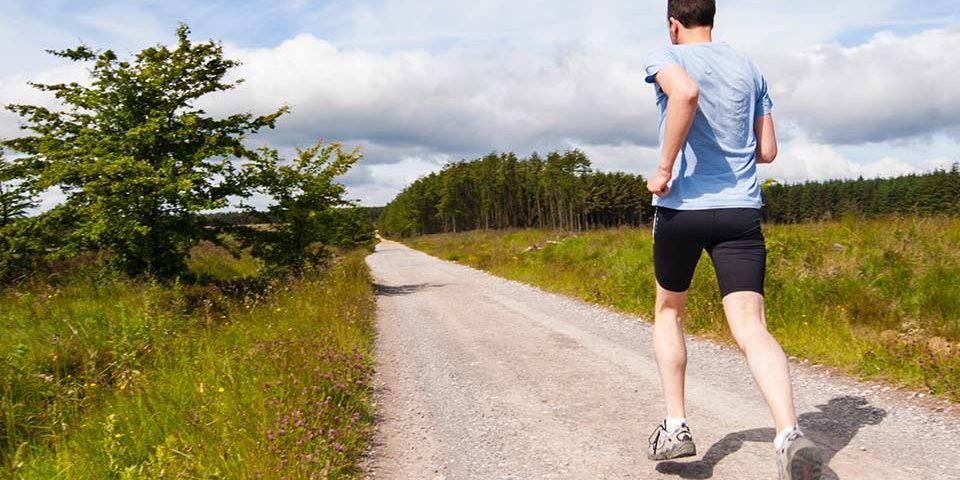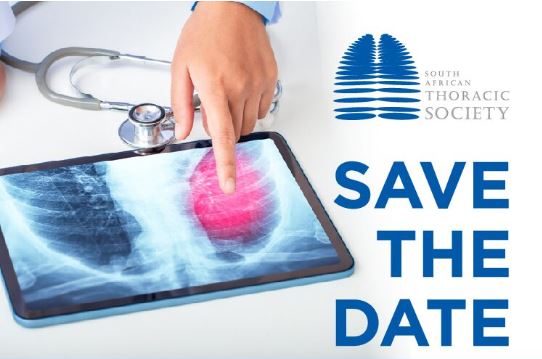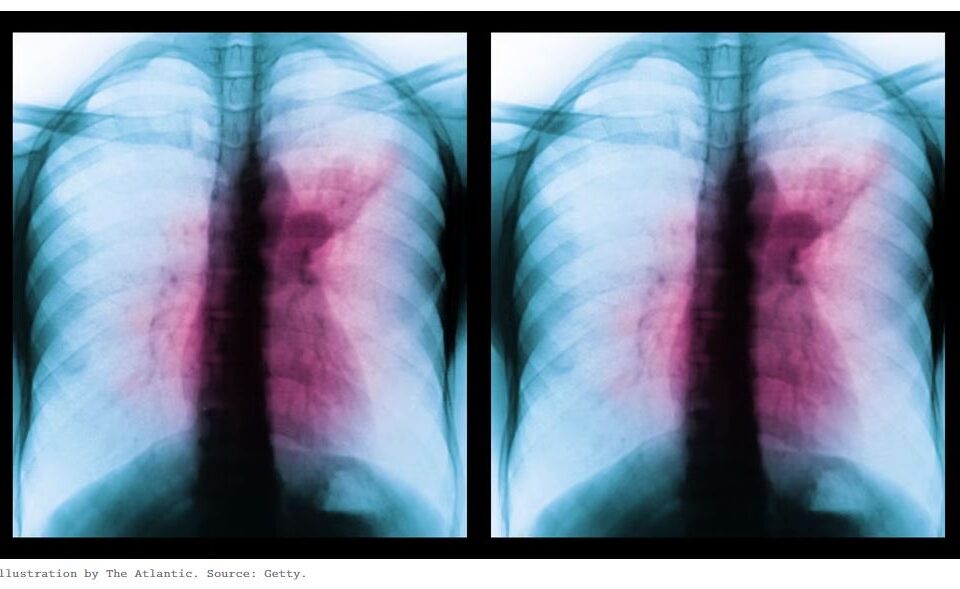


Dr Phindile Gina received the Best research presentation at SATS
27th July 2019


Vaping – you are being lied to – but by whom?
2nd September 2019Have you ever experienced a coughing spasm while running?
Head of pulmonology at the University of Cape Town (UCT) and Groote Schuur Hospital Professor Keertan Dheda explains exactly what happens to the body when running in very low temperatures.
Dheda says in most cases what you are experiencing is exercise-induced bronchoconstriction.
It is just a fancy word for cramping up, literally, of the airwaves. Physiologically the lungs are used to being bathed in warm, moist air and so when you have cold dry air, the lungs complain - the airwaves cramp up and they produce mucus which makes the situation worse and then you usually have a coughing spell.
— Professor Keertan Dheda, Head of Pulmonology - UCT and Groote Schuur Hospital
He says when this happens one needs to be aware that there could be a number of causes.
Depending on the age of the person, there are various things that can cause tightness of the chest and even sometimes coughing when running. For example heart problems could start off like that...
— Professor Keertan Dheda, Head of Pulmonology - UCT and Groote Schuur Hospital
The real clue here is the temporal relationship to exercise. If it only occurs on exercise and not on other activities, particularly when you are exposed to this cold dry air, then it is almost certainly exercise-induced bronchoconstriction.
— Professor Keertan Dheda, Head of Pulmonology - UCT and Groote Schuur Hospital
In many cases, people may have underlying asthma and this kind of challenge to cold air may actually unmask asthma - and therefore sometimes these coughing spells may be accompanied by chest tightness or wheezing. If that is the case or you are concerned then you should visit your doctor.
— Professor Keertan Dheda, Head of Pulmonology - UCT and Groote Schuur Hospital
Read more and listen to the interview: Radio 702 – The afternoon drive with Joanne Joseph, 29 July 2019




